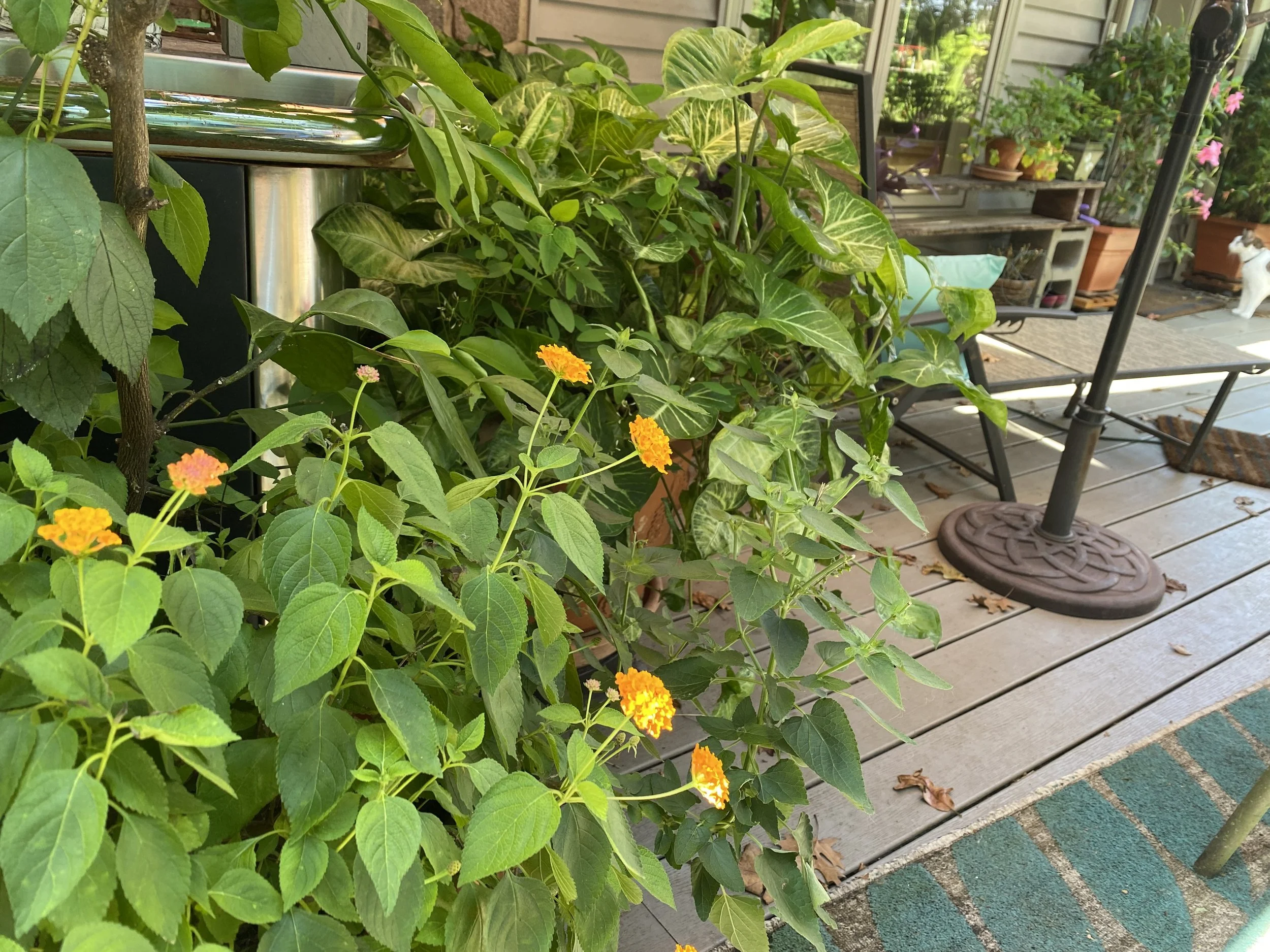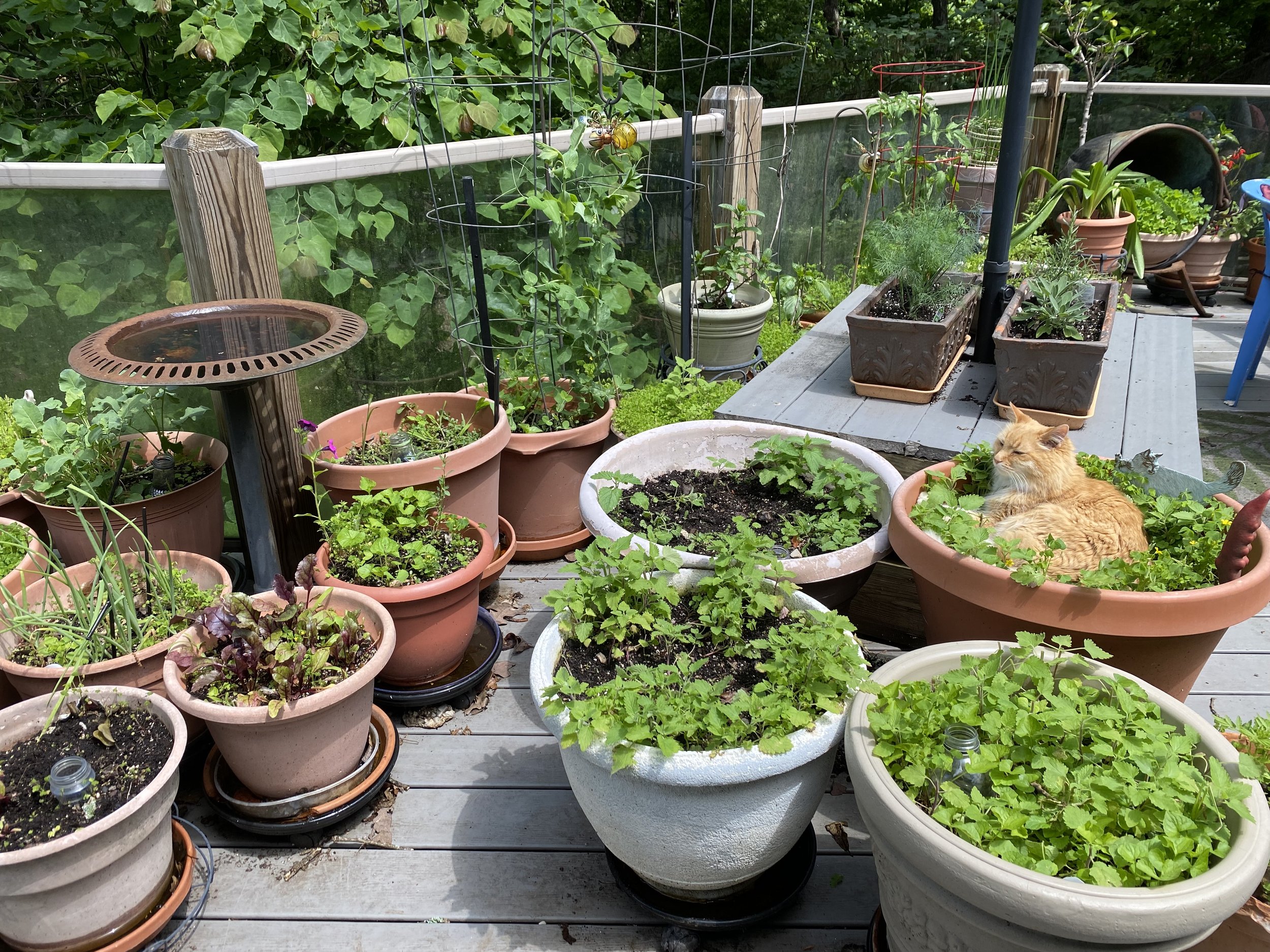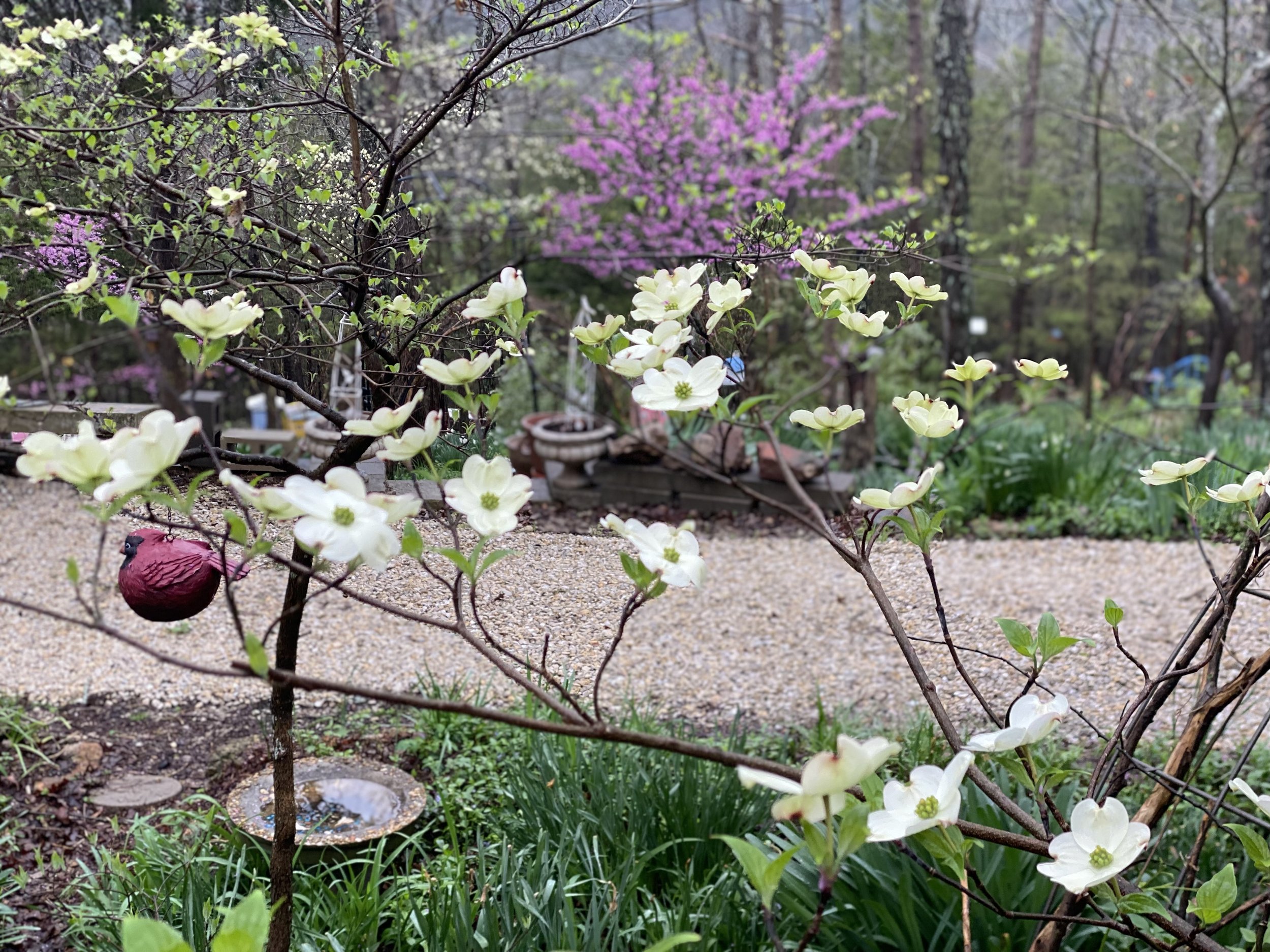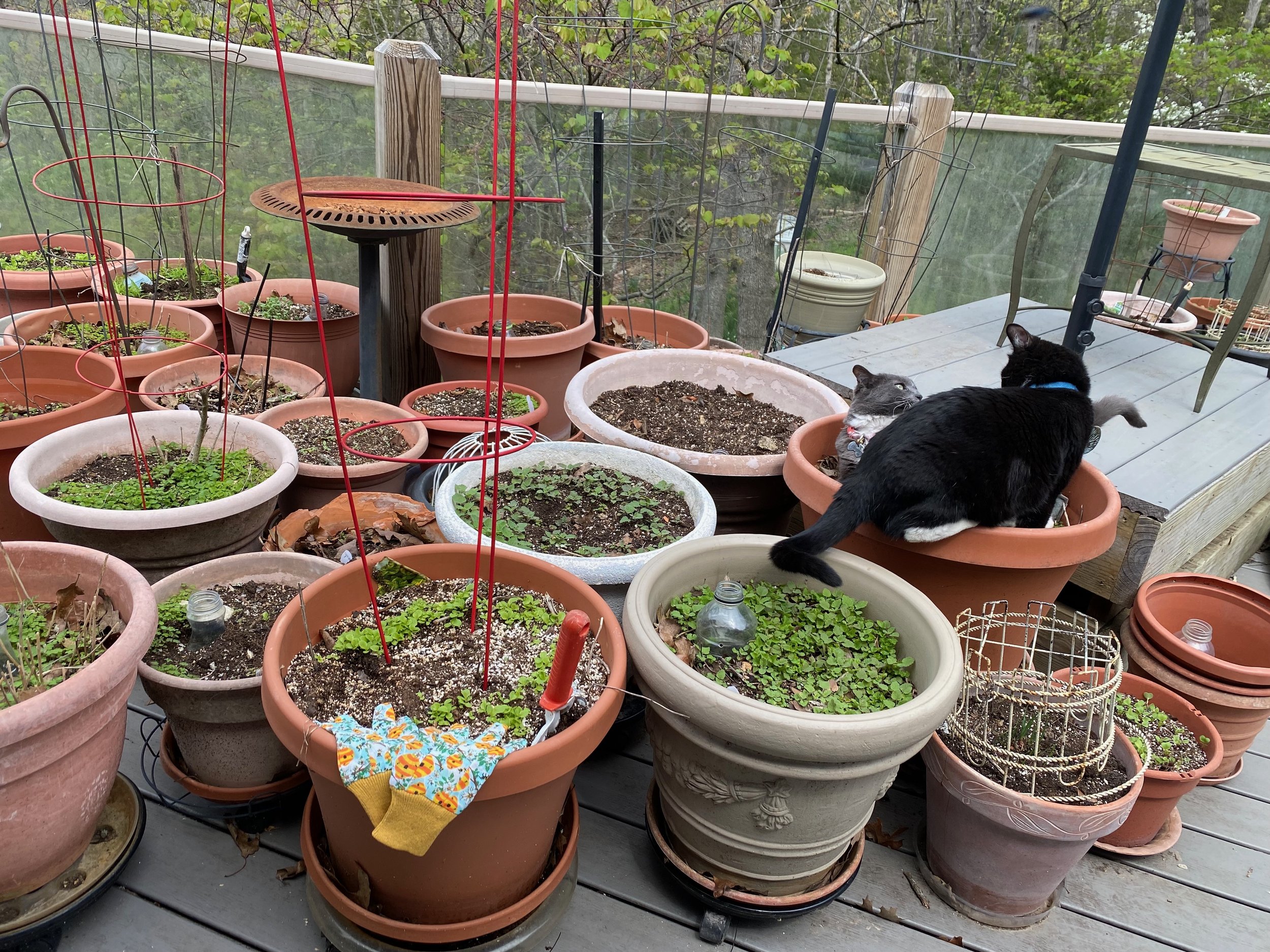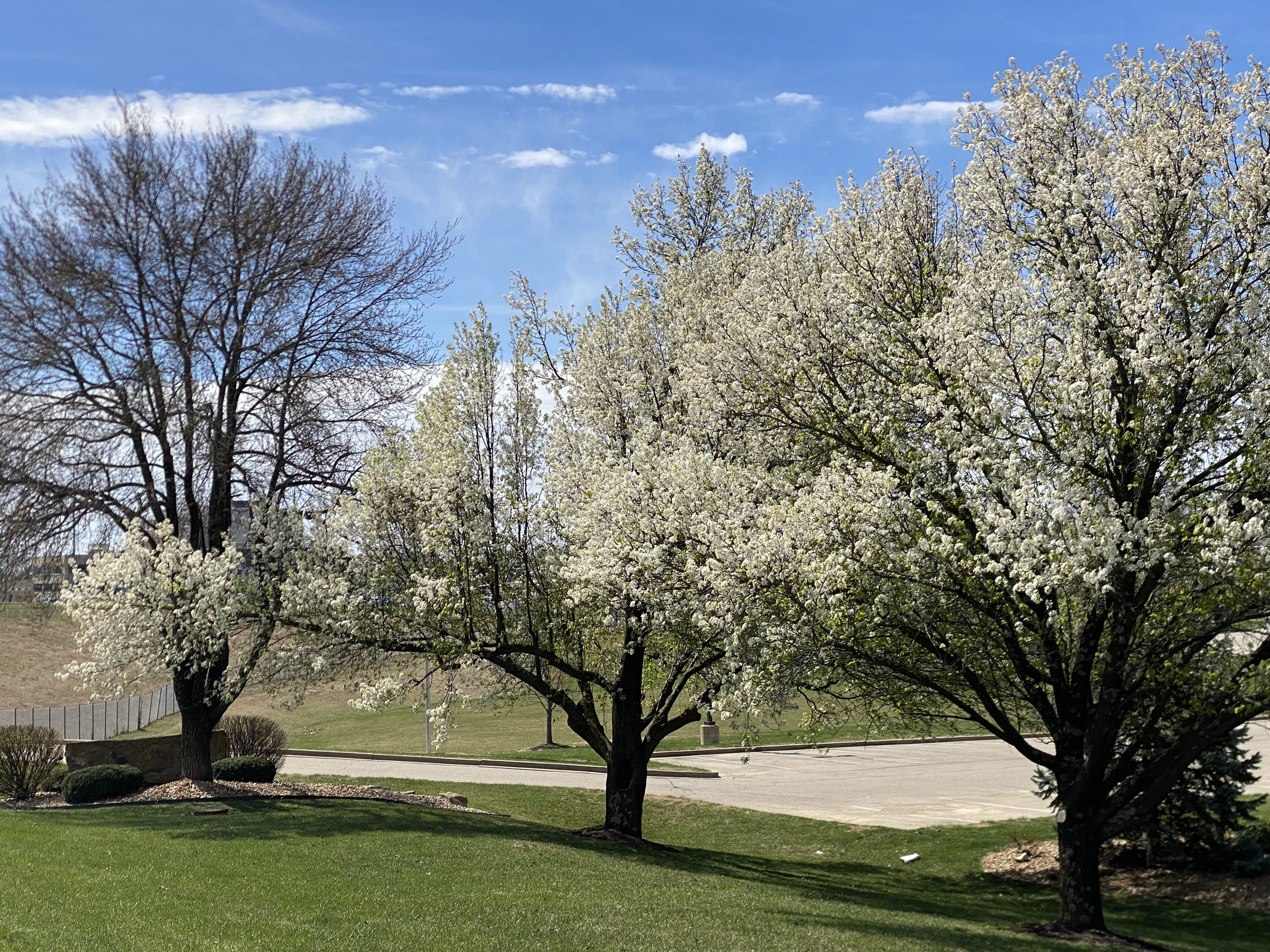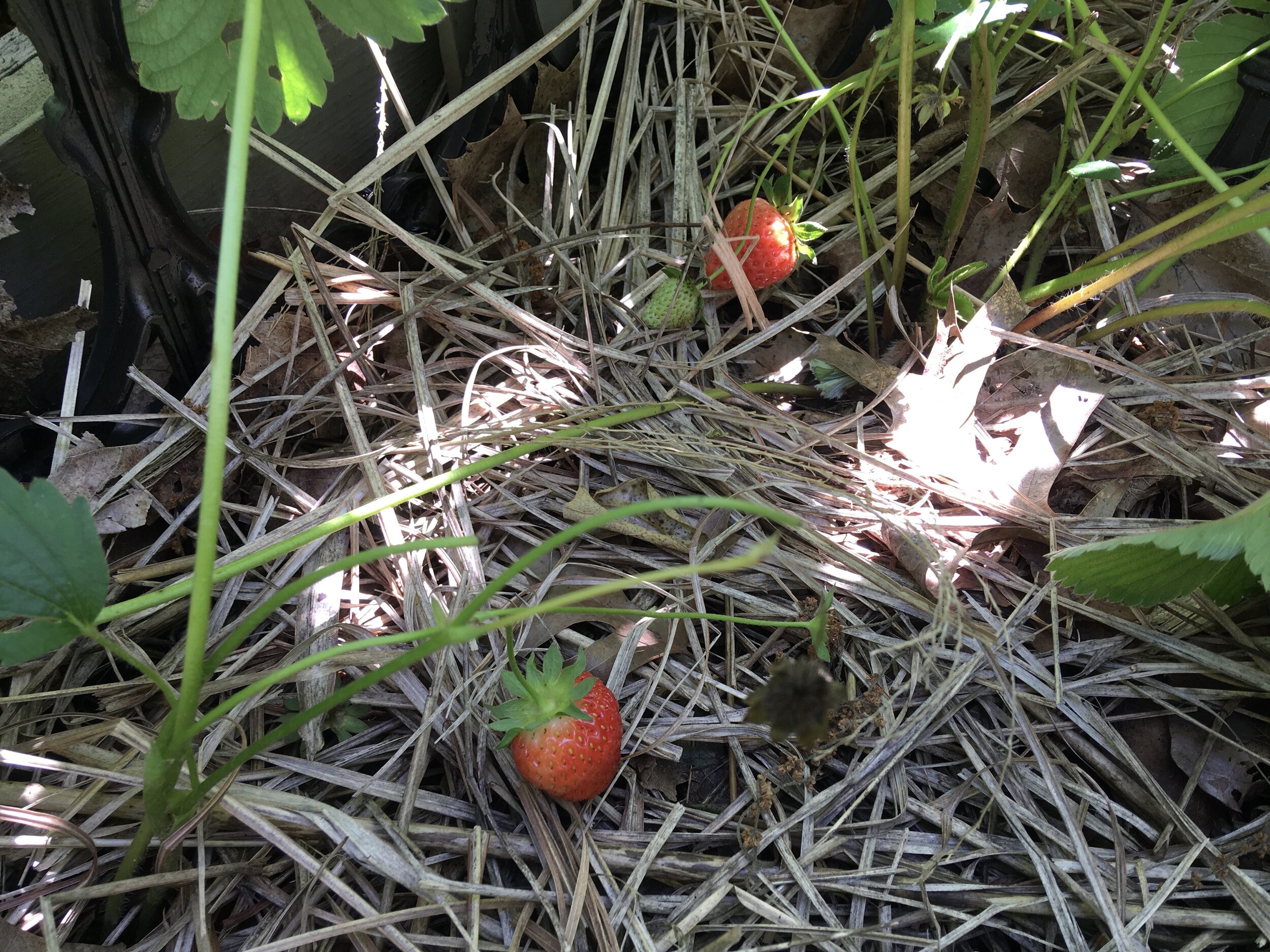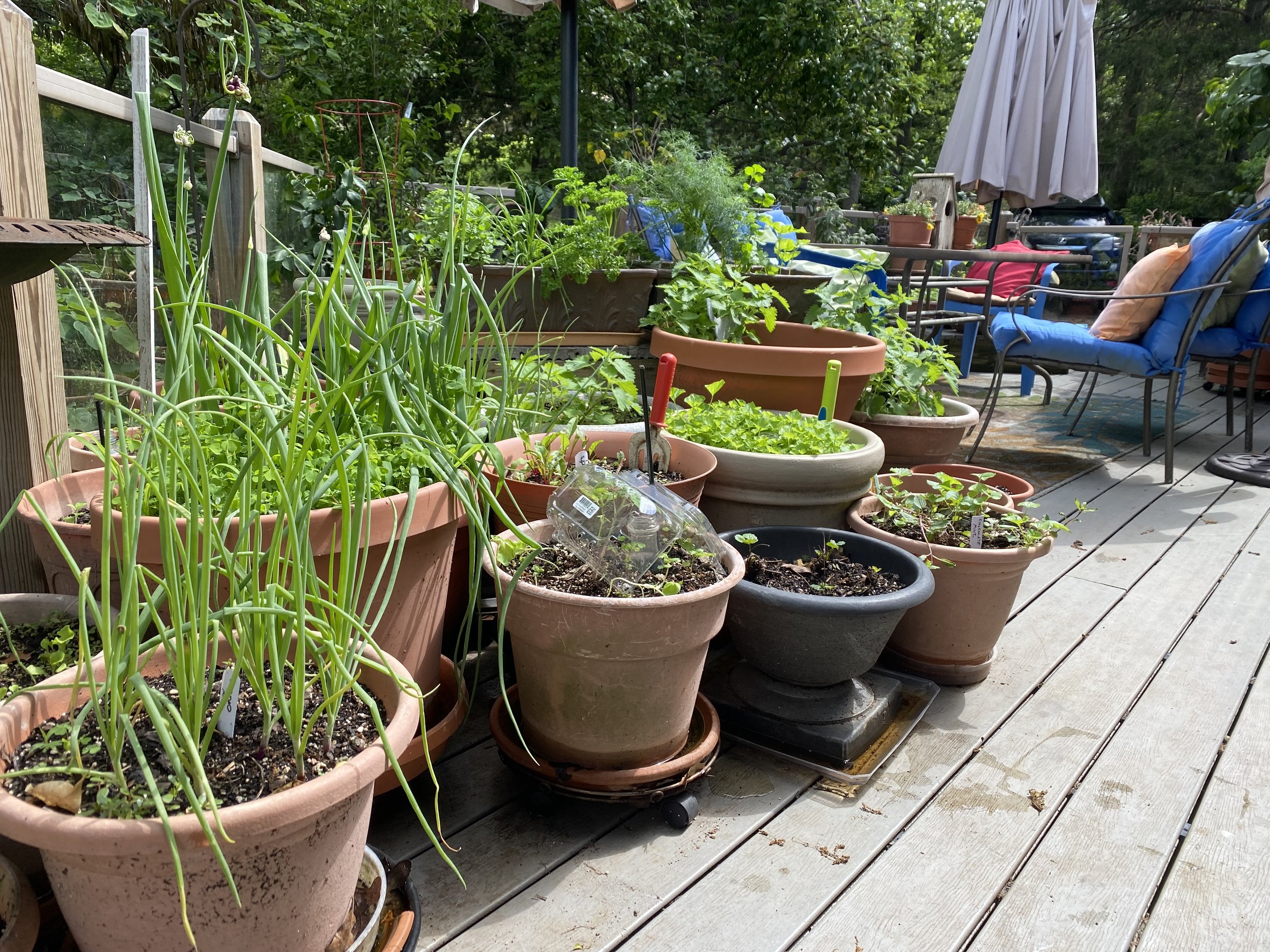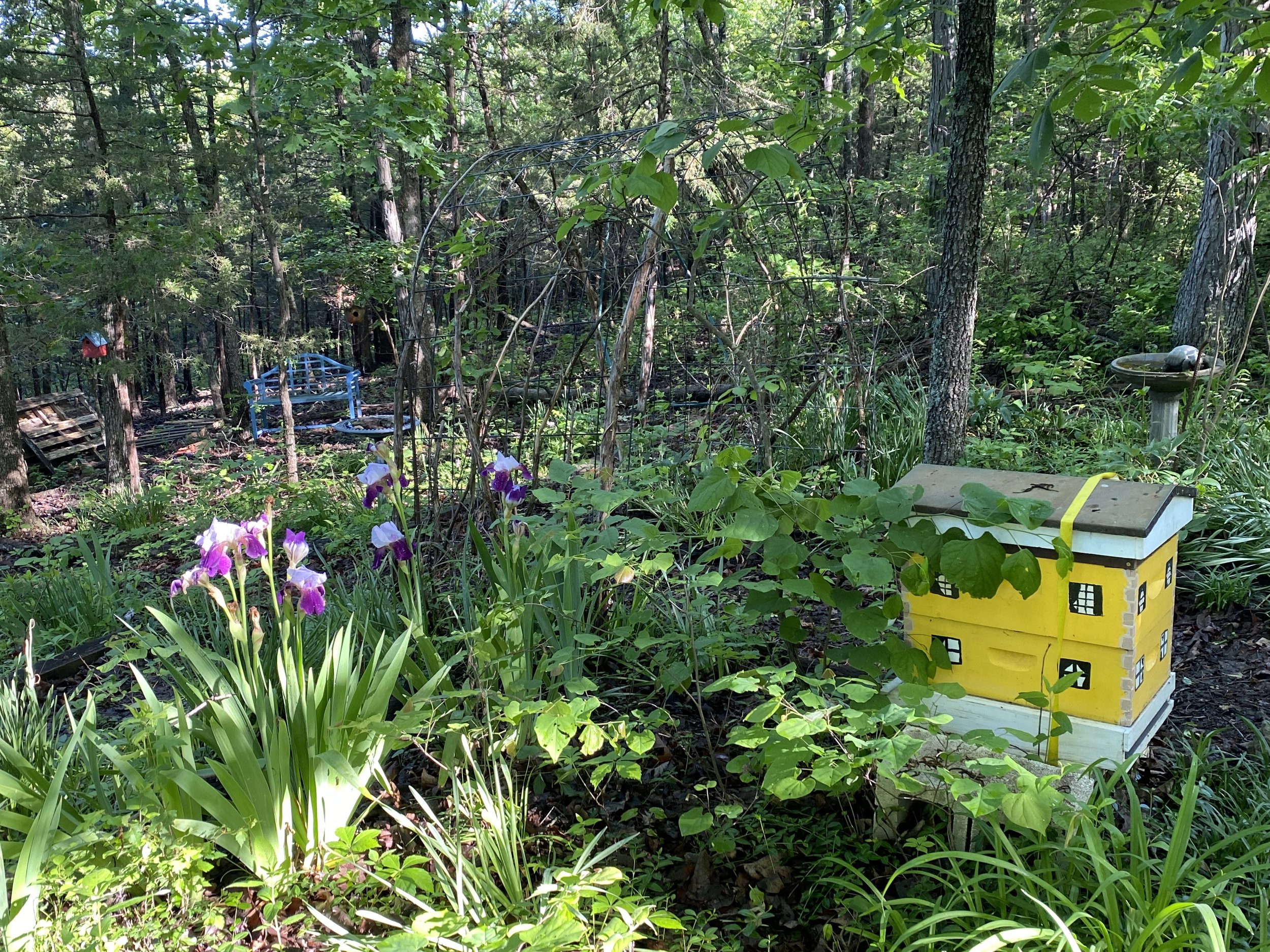Lantana Mosquito Deterrent
/LANTANA GROWS IN VARIOUS COLOR COMBINATIONS, I’M PARTIAL TO THE YELLOW. (CHARLOTTE EKKER WIGGINS PHOTO)
Lantana Mosquito Deterrent
I remember having Lantana (Lantana camara) surrounding our Lima, Peru patio growing up. It was used as a bug - particularly mosquitos - deterrent. There is some science behind the claim—though today we know it's more effective in certain forms than just growing it in the garden.
Why Lantana Works Against Mosquitoes
1. Natural essential oils:
Lantana leaves and flowers contain volatile compounds (such as caryophyllene, germacrene D, and eucalyptol) that mosquitoes find irritating or repellent. These compounds are especially concentrated in lantana leaf extracts or essential oils.
2. Research support:
A few studies (especially in tropical regions like India and Africa) have shown that lantana leaf extract in coconut oil can provide up to 94.5% protection from Anopheles mosquitoes (malaria carriers) for a few hours. This is significant in rural areas with limited access to commercial repellents.
How to Use Lantana as a Mosquito Repellent
Planting in the garden. Low to moderate. May deter mosquitoes in immediate proximity; best when planted in sunny areas near seating spots. Scent is strongest when leaves are crushed.
Crushing leaves. Moderate. Rub fresh leaves on skin (test for irritation first). Not as effective as DEET but can offer short-term protection.
Making or buying oil-based repellents. High. Use infused oil or diluted essential oil (never undiluted) as a topical repellent or spray. Must be reapplied regularly.
In potted containers near doors/patios. Moderate. May help create a small buffer zone around entrances or outdoor seating.
Important Considerations
Toxicity to pets: Lantana is toxic to dogs, cats, and livestock if ingested. Keep out of reach if you have curious animals.
Invasiveness: In warmer climates (like the southern U.S.), Lantana camara can become invasive. Use sterile or native cultivars where possible.
Not a substitute for strong repellents: For areas with heavy mosquito pressure or mosquito-borne diseases, lantana should be considered a supplement, not a replacement, for other control methods.
For more gardening, beekeeping, cooking and easy home decor tips, subscribe to Garden Notes.
Charlotte

